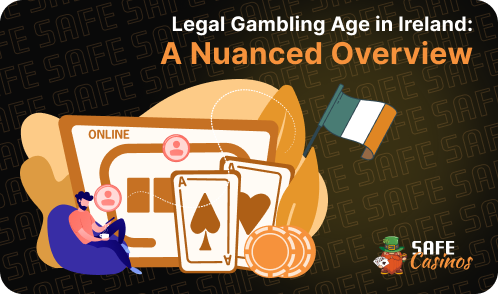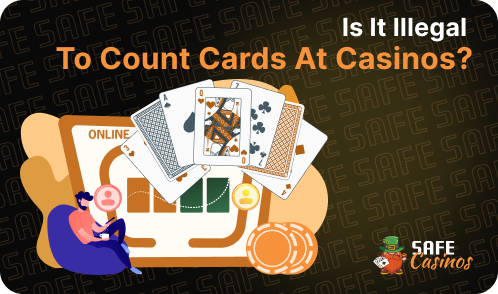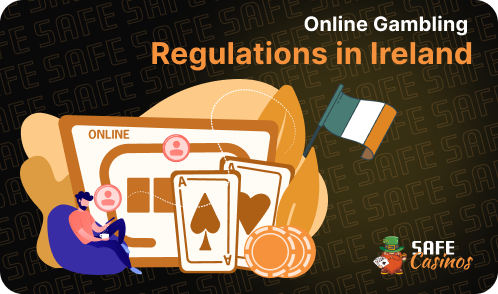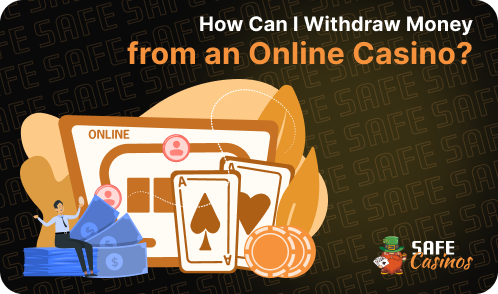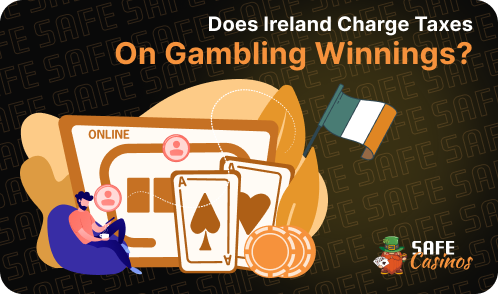In Ireland, the gambling age limit is regulated. From this article you will learn about legal gambling age in Ireland and the risks associated with underage gambling. If you’re underage, I hope this article dissuades you from gambling. If you’re an adult, please read on—you may help prevent a child from gambling.
In Ireland, the legal gambling age is usually 18 for online and physical casinos in all provinces. However, some land-based casinos may require individuals to be 21.Irish players must provide personal documents to prove their age before accessing casinos. For example, online casino will ask for copies of documents, like:
- ID or driver’s license
- Bank statement
- Utility bill
This process is known as KYC (Know Your Customer), and it ensures compliance with regulations and encourages responsible gambling. Online sites use strict checks to verify players’ ages and close accounts if they’re underage. Otherwise, casinos can get in trouble for letting underage gambling happen. This could mean fines, jail time, or losing their license. While Ireland lacks a dedicated gambling regulator, oversight is provided by institutions such as the Revenue Commissioners and the Gaming and Lotteries Act 2019. Irish gambling operators must also adhere to international standards enforced by bodies like the Malta Gaming Authority and the UK Gambling Commission.
What happens if a minor is caught gambling? Typically, the child will be asked to leave, and their account will be permanently closed. But if the situation escalates and the police are called, the player could face large fines.
Impact of Early Gambling
The reasons why people start playing casino games at a young age vary and largely depend on their upbringing environment. Children often copy their parents’ gambling habits, and teenagers may feel pressured to start gambling to fit in with their peers.
Gambling greatly affects physical and mental health of children. Studies show those who begin gambling young are more likely to develop other addictive behaviors like alcohol or drug abuse, and they more often have severe depression. Plus, early exposure to gambling can make them more likely to take risks in other parts of their life.
Also, children may spend so much time gambling that they ignore other important things. They often do poorly in school and have trouble with friends and family.They might spend their own money or even steal to gamble. That’s why it’s important to teach kids about responsible gambling and help them avoid these problems.
Signs of Underage Gambling
Parents should watch out for signs of underage gambling. If you spot these signs early you can prevent gambling issues from worsening. Here is the list of what should worry you:
- Playing games that require money
- Spending too much time watching gaming or gambling videos
- Asking for money often without a reason
- Decline in academic performance
- Lying about the source of money
- Showing little interest in daily tasks or schoolwork
How to help a child with gambling issues
Parents should monitor their children’s online activities and encourage responsible gaming habits. One of the things they can do is to use responsible gaming programs and apps which limit access to gambling sites. What else can you do?
- Create a safe space for your child to discuss their gambling habits without fear of judgment.
- Explain to your child the dangers of gambling, including financial troubles, addiction, and legal problems.
- Establish clear rules around gambling, like restricting access to gambling websites and setting spending limits on games.
- Consider seeking professional help and encourage your child to participate in support groups for people dealing with gambling addiction.
Recovery takes time, so offer your child unwavering support and encouragement throughout their journey to overcoming gambling addiction.
